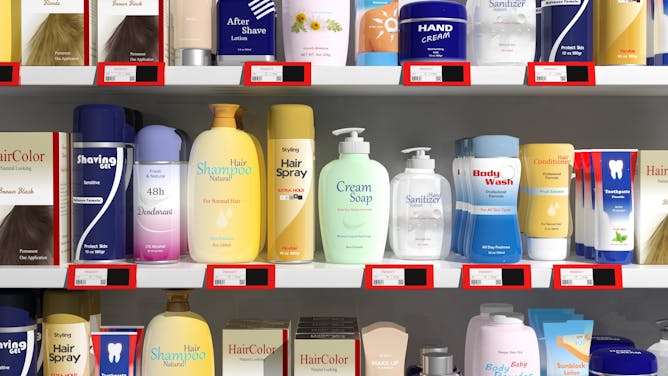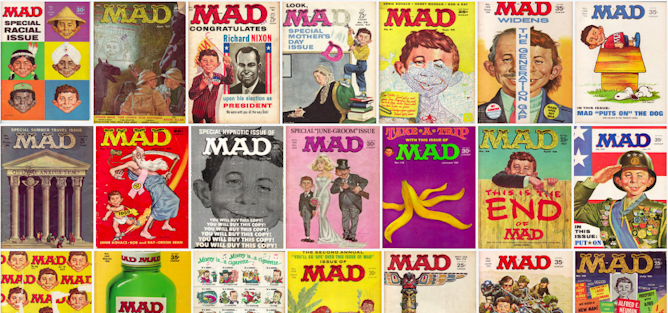Editor's note
|
|
Thanks to air quality standards, motor vehicles produce much less of the pollutants that create smog today than they did 30 or 40 years ago. But new sources are emerging. In a study that was supposed to be about emissions from wood smoke in winter, atmospheric scientist Matthew Coggon and his colleagues found that personal care products, such as shampoo and skin lotion, emitted surprising amounts of organic compounds that could contribute to urban air pollution.
Hundreds of inspections of nuclear facilities in Iran show evidence that Iran has complied with the terms of the nuclear deal, according to the agency that carried them out – the International Atomic Energy Agency. University of Washington energy expert Scott Montgomery explains how disregarding the agency’s findings by pulling out of the agreement may lead the U.S. down a dangerous, if not unprecedented, path.
Throughout American history, media panics have ebbed and flowed, with some eras more susceptible to fake news than others. Media historian Michael Socolow tells the story of Mad Magazine, which taught an entire generation of kids to be skeptical of those who controlled the levers of political and media power. In today’s fractured, polarized media environment, he says it’s an ethos that media consumers should take to heart.
|
Jennifer Weeks
Environment + Energy Editor
|

|
|
Top stories
|

Good for you, bad for the air?
Gts/Shutterstock.com
Matthew Coggon, University of Colorado
New research is spotlighting personal care products, such as shampoos and skin lotions, as a significant source of chemicals that contribute to urban air pollution.
|

Iranian demonstrators burn a picture of the U.S. President Donald Trump.
AP Photo/Vahid Salemi
Scott L. Montgomery, University of Washington
Does the work of the international agency responsible for verifying whether Iran was in compliance with the deal matter to the US?
|

The magazine taught its readers to never swallow what they’re served.
Nick Lehr/The Conversation via Jasperdo
Michael J. Socolow, University of Maine
Today's media consumers are being bombarded with bias and sensationalism – and could use a dose of Mad's media literacy.
|
Science + Technology
|
-
Kerry Rippy, Colorado State University
Organic semiconductors could make possible energy-generating windows that double as movie screens or computer displays.
-
Steven Townsend, Vanderbilt University
A chemist explains how some molecules in human breast milk help fight infection. Understanding their properties could lead to better infant formulas that share the health advantages of breastfeeding.
|
|
|
|
|
|
|
|
|
|
Most read
|
-
Michael Wilson, University of Minnesota
Do chimpanzee talk to each other? Scientists follow and record chimpanzees in the wild to find out – and to fill in details about how human language might have evolved.
-
Charles Hermann, Texas A&M University
Many presidents have radically changed US foreign policy. Truman created his own doctrine. Carter gave up the Panama Canal. But a presidential historian sees danger in Trump's decision-making style.
-
Anne Toomey, Pace University
Science can't just stay in the ivory tower. But what does impact really mean and how does it happen? A study of more than a decade of ecological fieldwork projects in Bolivia suggests a better way.
|
|
|
|
| |
| |
|
|